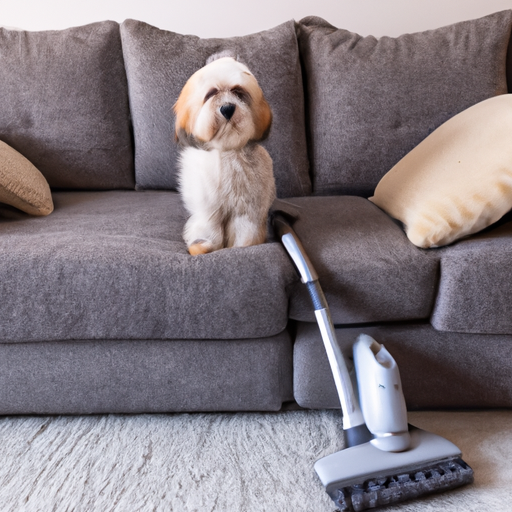Every dog lover knows that dealing with shedding can be a real challenge. However, there are few breeds that don’t shed, making them perfect for those who care for a clean, hypoallergenic environment. Let’s dive into the world of dogs who don’t shed!
1. Understanding Shedding: A Biological Perspective
Shedding is a completely natural process for dogs, just like humans losing hair. But some breeds have become popular for their non-shedding coats, which are a product of specific genetic traits.
- Double-coated breeds: These dogs, like Labradors and Huskies, have a dense undercoat that sheds seasonally.
- Single-coated breeds: Dogs like Poodles and Maltese have hair that grows continuously, similar to human hair, producing minimal shedding.
2. Top Five Dogs that Don’t Shed
Here is a list of five popular dog breeds known for minimal shedding.
- Poodle: Poodles, regardless of their size, are famous for their curly, hypoallergenic coat.
- Bichon Frise: These small dogs have a thick, curly coat that doesn’t shed much.
- Portuguese Water Dog: These large dogs have a dense, waterproof coat that sheds minimally.
- Shih Tzu: These dogs have long, silky hair that doesn’t shed much if properly maintained.
- Maltese: Known for their long, silky white hair, Maltese dogs shed very little.
3. Grooming Tips for Non-Shedding Dogs
Even though these dogs don’t shed much, they still require regular grooming to keep their coats healthy and clean.
- Regular Brushing: Brushing helps to remove loose hairs and prevent matting, especially in breeds with longer hair.
- Professional Grooming: Some breeds require professional grooming to maintain their coats, such as the Poodle and Bichon Frise.
- Bathing: Regular baths keep the coat clean and healthy, but it’s crucial not to over-bathe, which can lead to dry skin.
4. Health Concerns for Non-Shedding Dogs
Non-shedding dogs aren’t without their health concerns. Here are a few things to keep in mind:
- Skin Issues: Non-shedding dogs can be more prone to skin issues, as their hair can trap moisture and debris.
- Ear Infections: Breeds with non-shedding coats often have hair in their ears, which can lead to infections.
| Breed | Common Skin Issues | Common Ear Issues |
|---|---|---|
| Poodle | Allergies, Hot Spots | Yeast Infections |
| Bichon Frise | Allergies, Skin Tumors | Ear Infections |
| Portuguese Water Dog | Folliculitis, Sebaceous Adenitis | Ear Infections |
5. Frequently Asked Questions
Q: Are non-shedding dogs hypoallergenic?
A: Yes, non-shedding dogs are often considered hypoallergenic.
Q: Do non-shedding dogs require less grooming?
A: No, all dogs require regular grooming, regardless of their coat type.
Q: Can non-shedding dogs still cause allergies?
A: Yes, some people are allergic to dog’s saliva or urine, not just their dander.
Q: Is there any downside to owning a non-shedding dog?
A: Non-shedding dogs can be more prone to skin and ear issues.
With this knowledge, you’re now equipped to choose the right non-shedding dog for your home and lifestyle. Remember, every breed has its unique needs and characteristics, so make sure to do thorough research before making a decision.



